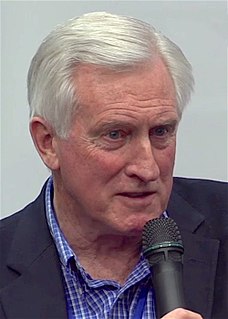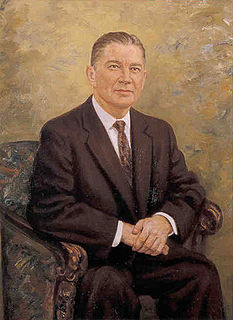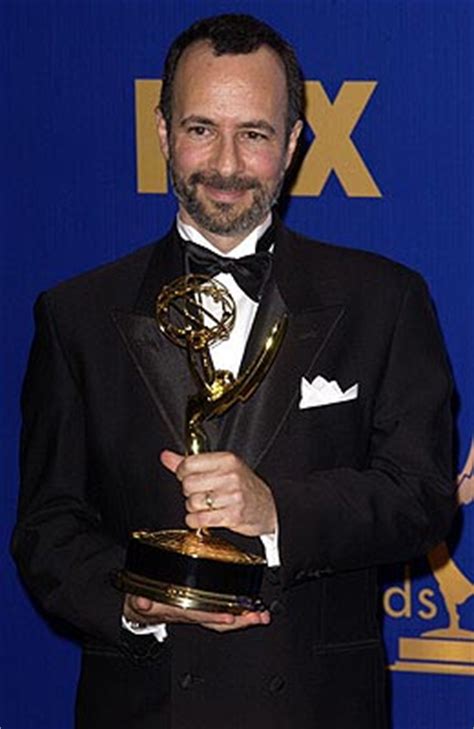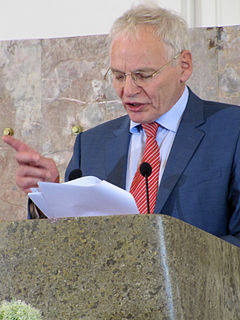A Quote by John Hewson
I had this habit of an academic of answering the question. I should have fobbed it off.
Related Quotes
Chélan had acted as imprudently for Julien as he had for himself. He had given him the habit of reasoning correctly, and of not being put off by empty words, but he had neglected to tell him that this habit was a crime in the person of no importance, since every piece of logical reasoning is offensive.
We figured the interesting question for them is, "Where has the family been since 2006, since the last time we saw them?" So, part of the time, we had to spend answering that question. Then, inevitably, it goes up to a point of crisis, in everyone's show. There was just no getting around that it was about 2006-2012.


































